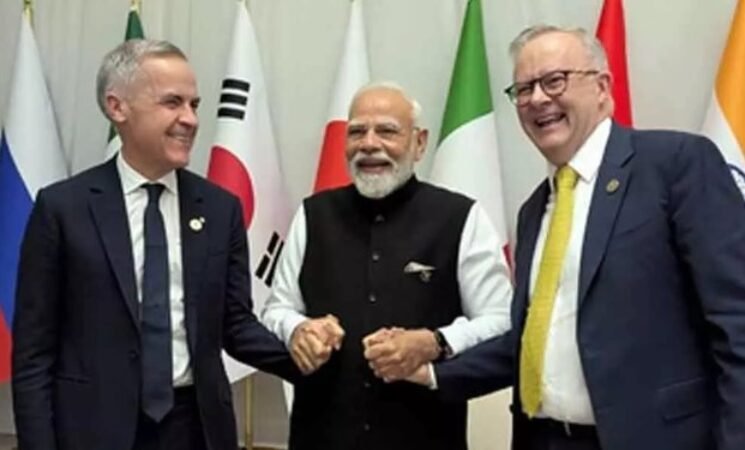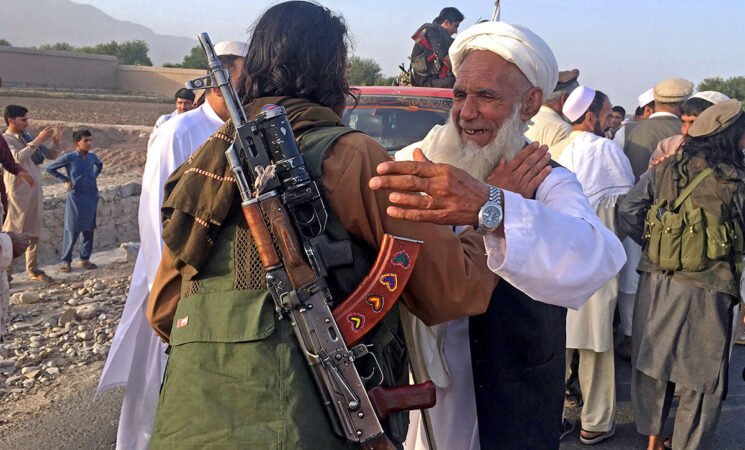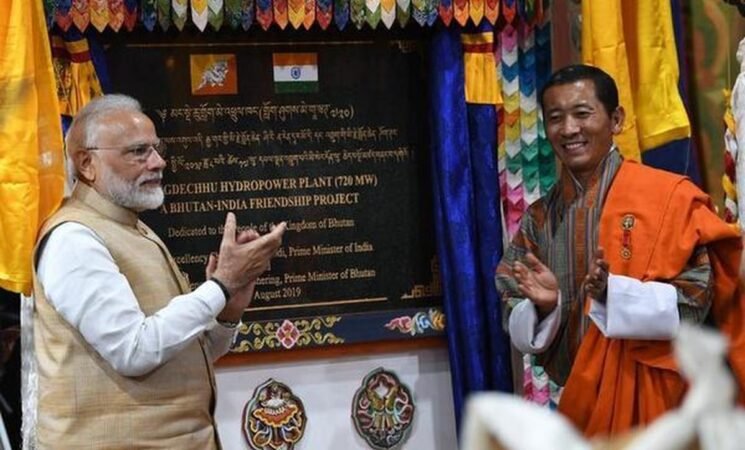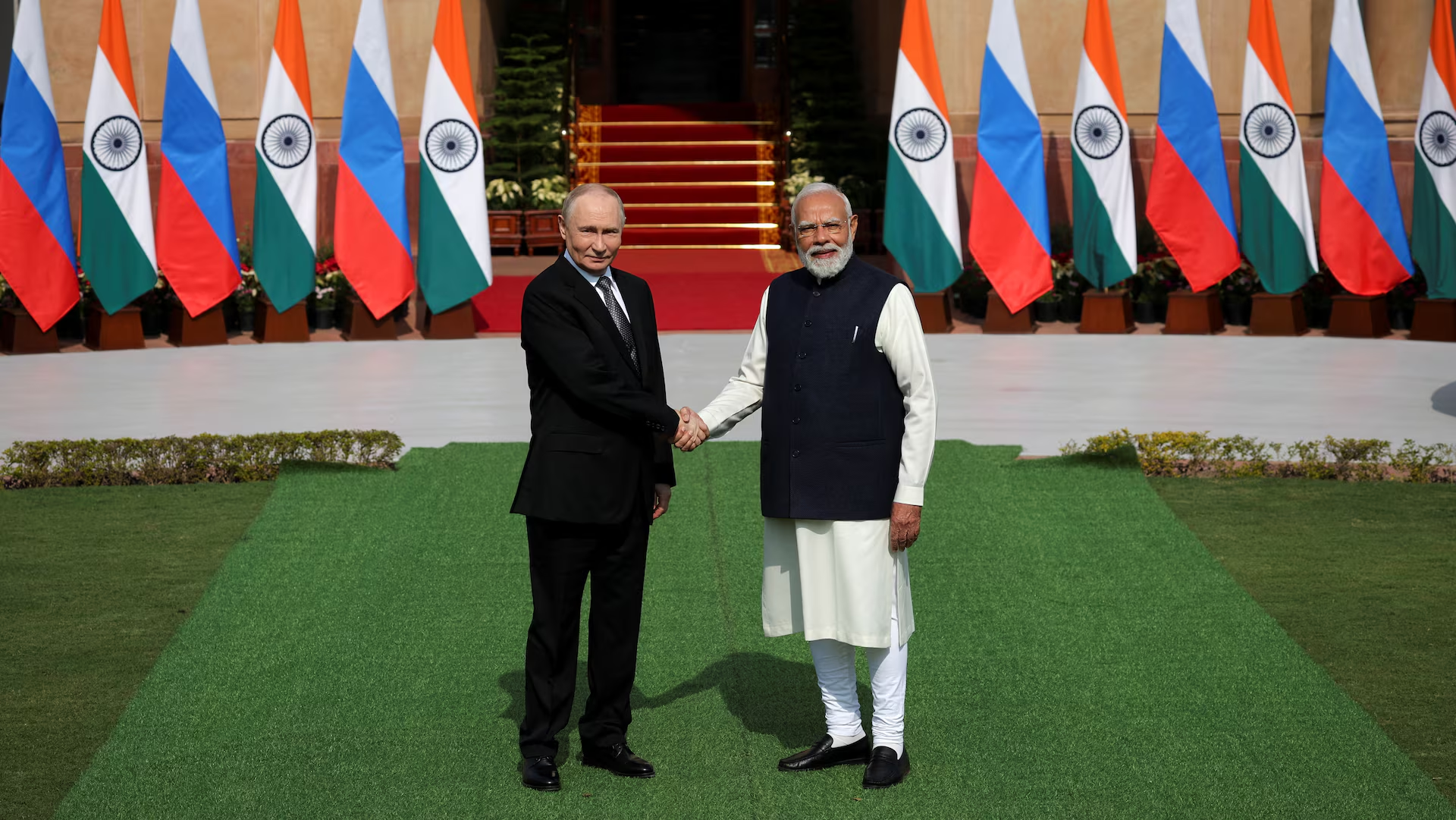Sri Lanka's Democratic Unrest: From Aragalaya to Uncertain Institutional Reform
Aragalaya pierced authoritarian carapace tactically yet required elite defection for durability; street power compels responsiveness but cannot unilaterally rewrite constitutional political economy ...










Political Interference in Sports: Mustafizur Rahman and Cricket Governance Collapse
The Mustafizur Rahman controversy represents a watershed moment in cricket governance, where a single administrative directive triggered bilateral sporting collapse between India and Bangladesh ...